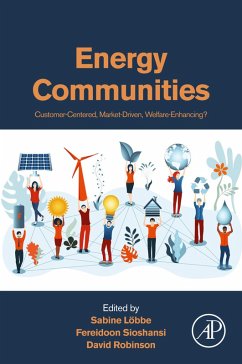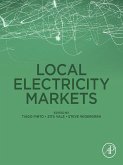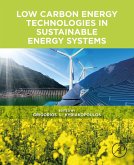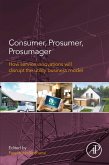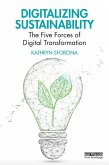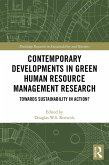- Defines and conceptualizes the energy community for the current generation of researchers and practitioners facing the energy transition
- Explores the main benefits and challenges in forming energy communities and to what extent they are welfare-enhancing
- Examines under what terms, conditions, regulations or policies energy communities can be beneficially and successfully organized and why
- Reviews the combination of business models and forms of organization which are conducive to economic feasibility and the commercial success of energy communities
Dieser Download kann aus rechtlichen Gründen nur mit Rechnungsadresse in A, B, BG, CY, CZ, D, DK, EW, E, FIN, F, GR, HR, H, IRL, I, LT, L, LR, M, NL, PL, P, R, S, SLO, SK ausgeliefert werden.

